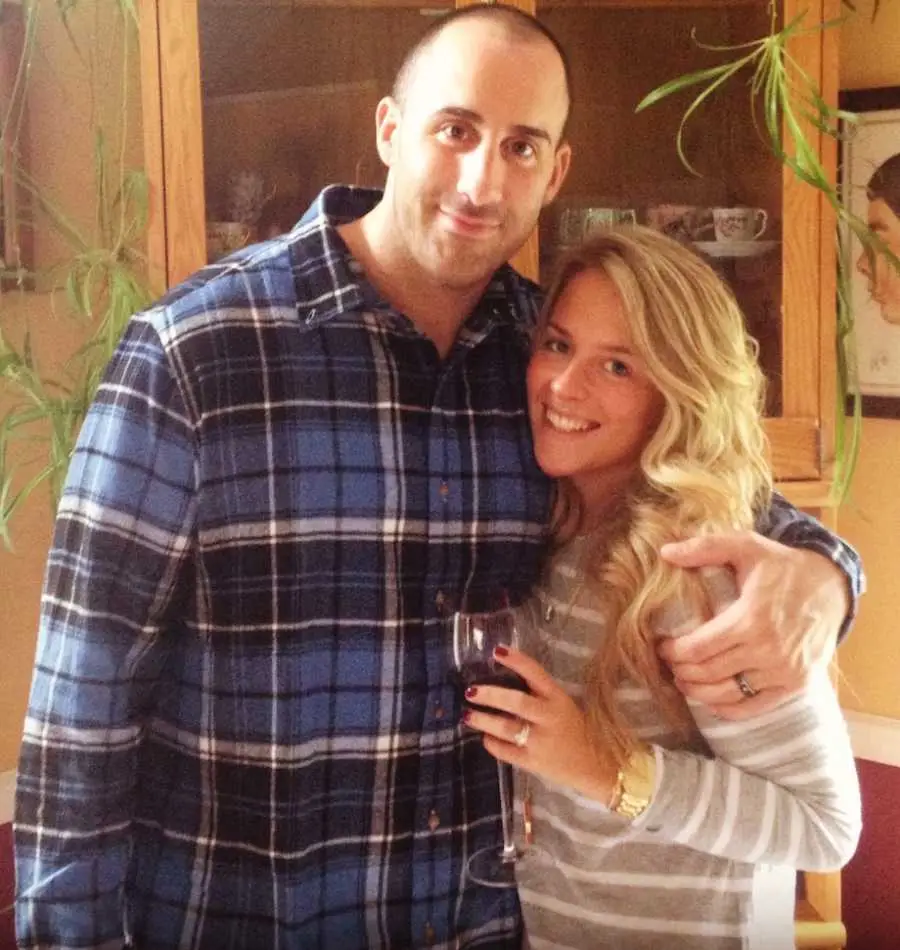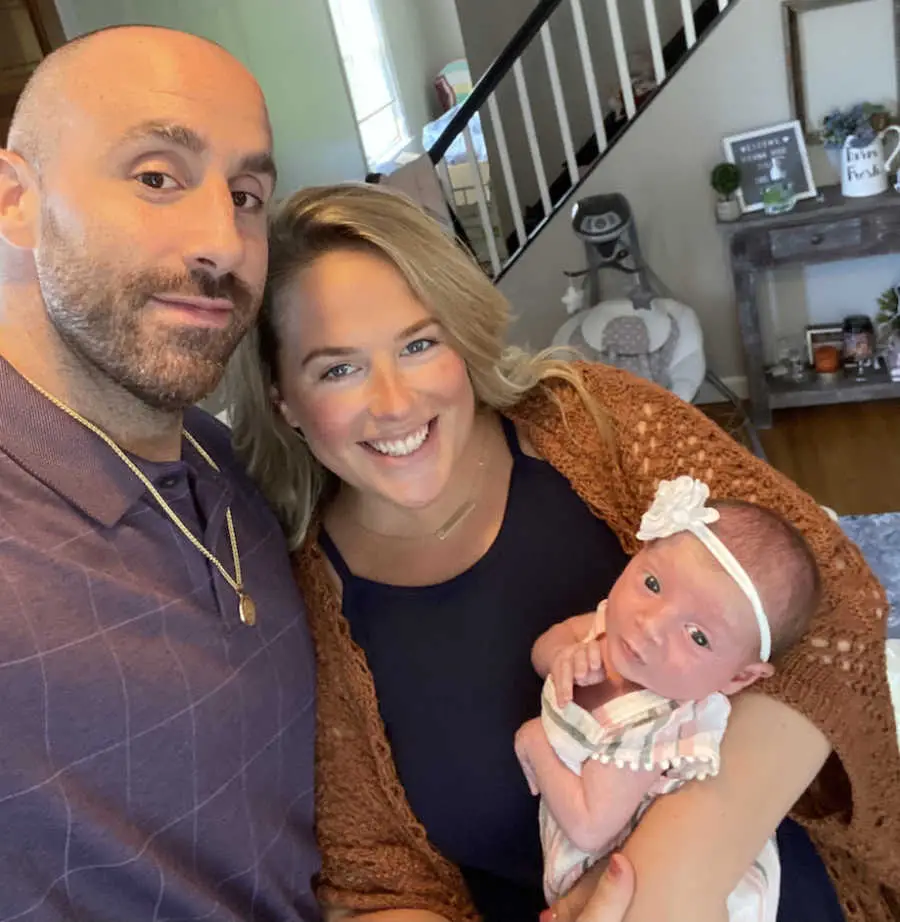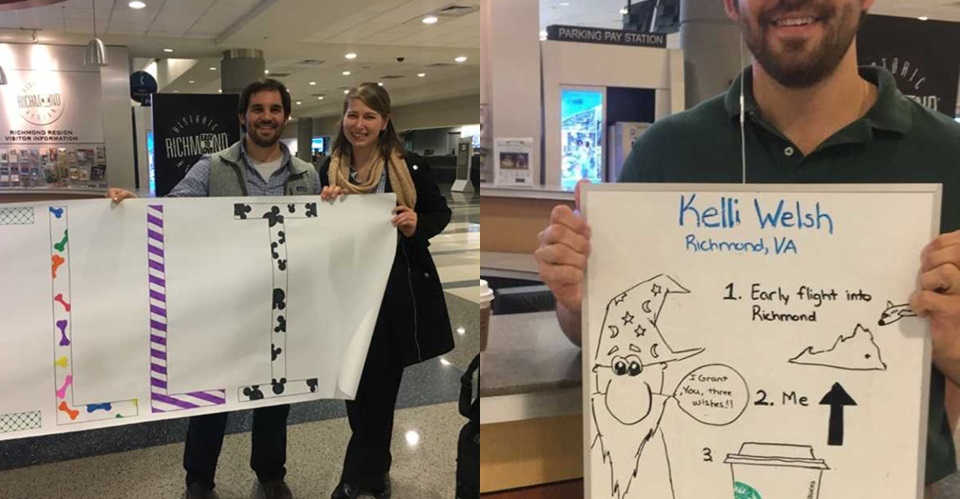Meghan Abate often describes her grief as relentless, steady, and unyielding rain. The ache in her chest feels just like those droplets that fall without pause, untamed and unapologetically just falling, nonstop. They sometimes mimic the same rhythm, building without direction and falling without aim. She often asks herself if the rain of grief will ever truly end, or if she is meant to live with its weight forever.
On gentle days, they dry up with the morning dew.
On harder days, they pour fiercely, pooling in the hollow pit that grief has carved in her heart. At times, she feels the weight of drowning. She wonders how long a person can keep swimming in waters this deep, and if she will ever find a shore where the pain eases. But she has learned that the tears eventually recede, leaving emptiness and the chance to breathe again.

In those small breaths, Meghan finds “the breaks.” They arrive when she least expects them, like singing in the shower, getting lost in a good book, or laughing at one of Joe’s old videos. She calls these moments “craughs,” enjoying them while crying and laughing at once. In those tiny pockets of calm, Meghan feels a reminder that she is still alive. Even if the relief lasts only a few minutes, it is enough to prove to her that she can survive another day. Yet even in those moments of light, a part of her wonders if joy now carries a shadow, if every laugh will always come hand in hand with an ache.
A memory, a favorite dessert, a song Joe loved, or a family story often shifts the heaviness, even for a moment. But other days, the breaks don’t come at all, and the weight of grief feels crushing. During those nights, she lies awake, asking questions she knows have no answers. Why him? Why now? Why so soon? The silence that follows feels louder than any reply. Unanswered.
Still, Meghan has discovered that grief and joy can coexist. It is not an either/or, but always a both/and. She remembers laughing at a movie for the first time after Joe’s passing just to feel guilt creeping in alongside the joy.

That moment taught her that conflicting emotions can sit side by side, even if they feel overwhelming. “Grief forces you to make space for the happy and the sad, the anger and the peace, the heartbreak and the hope,” she reflects. Some days, she fears that people expect her to ‘move on,’ but she quietly asks herself how she can move on from someone who was her everything. Maybe grief isn’t about moving on but about how to carry love and loss together.
Her journey made her realize that people grieve differently. Meghan has learned that no two people grieve the same way. This realization has helped bring her frustration, acceptance, empathy, and forgiveness. It has also changed her relationships with others and with herself.

Grief has made her feel alone even in a room full of her loved ones. Sitting at a memorial mass for Joe, surrounded by both families, she felt anxious even in the presence of people she adored as they sat on either side of her; it was as if she were alone in an empty church. When Joe’s safe, familiar presence is gone, the feeling of “home” is harder to find.

Yet through the fog of grief, Meghan has realized something profound: She wouldn’t trade her grief for the world, because it exists only because of the love she shared with Joe. “My hands wouldn’t long for his if I hadn’t known his grasp. My ears wouldn’t strain for his laugh if I hadn’t heard it. My heart wouldn’t ache if I hadn’t known how beautiful his heart was,” she says.
For Meghan, grief is not just love with nowhere to go, but a redirected love. She pours that love into their daughter, Vienna, family and friends, and now into the Joe Abate Foundation. “I live this life for both of us,” she says. “Without our love, I wouldn’t know grief. And without this grief, I wouldn’t know the strength of our love.”












